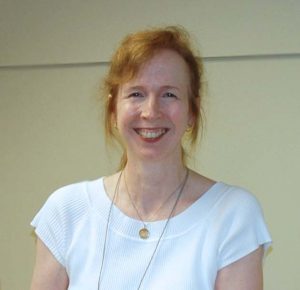Does your research involve identifying correlations between gene sequences and diseases, predicting protein structures from amino acid sequences, transcriptomics, metabolomics, or any of the many other ‘omics? If so, then you have a lot of data that requires analysis: a process of inspecting, cleaning, transforming, and modeling data with the goal of discovering useful information, suggesting conclusions, and supporting decision making.
The “four ‘C’s” is shorthand to describe broad categories of options for analyzing bioinformatics data, including paying someone else to do it (Core labs), working with another researcher (Collaboration), and doing it yourself either by learning to program (Coding) or using out-of-the-box software (Commercially-licensed tools). The University of Pittsburgh provides numerous options in these four categories to help you with your data analysis needs.

 A new philanthropic opportunity is available in honor of Nancy Hrinya Tannery, former HSLS Senior Associate Director and University of Pittsburgh Assistant Provost. The
A new philanthropic opportunity is available in honor of Nancy Hrinya Tannery, former HSLS Senior Associate Director and University of Pittsburgh Assistant Provost. The  Jill Foust, Research and Instruction Librarian, retired on March 1, marking the end of her 33-year career at Pitt. Foust has been a long-time editor of the HSLS Update newsletter, delivering articles about the library to thousands of readers over the past two decades.
Jill Foust, Research and Instruction Librarian, retired on March 1, marking the end of her 33-year career at Pitt. Foust has been a long-time editor of the HSLS Update newsletter, delivering articles about the library to thousands of readers over the past two decades.